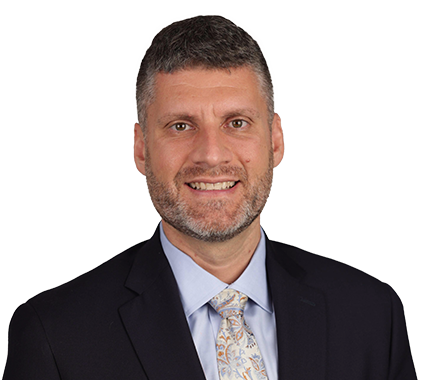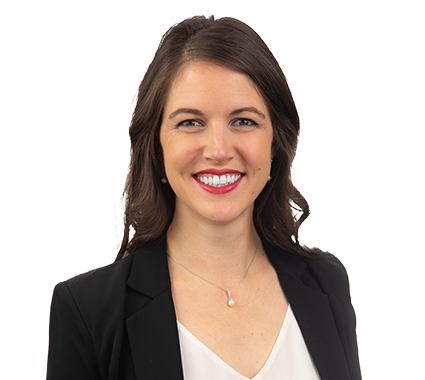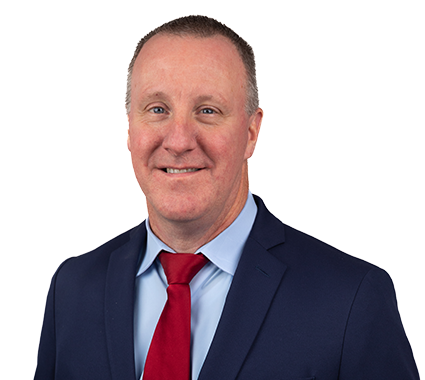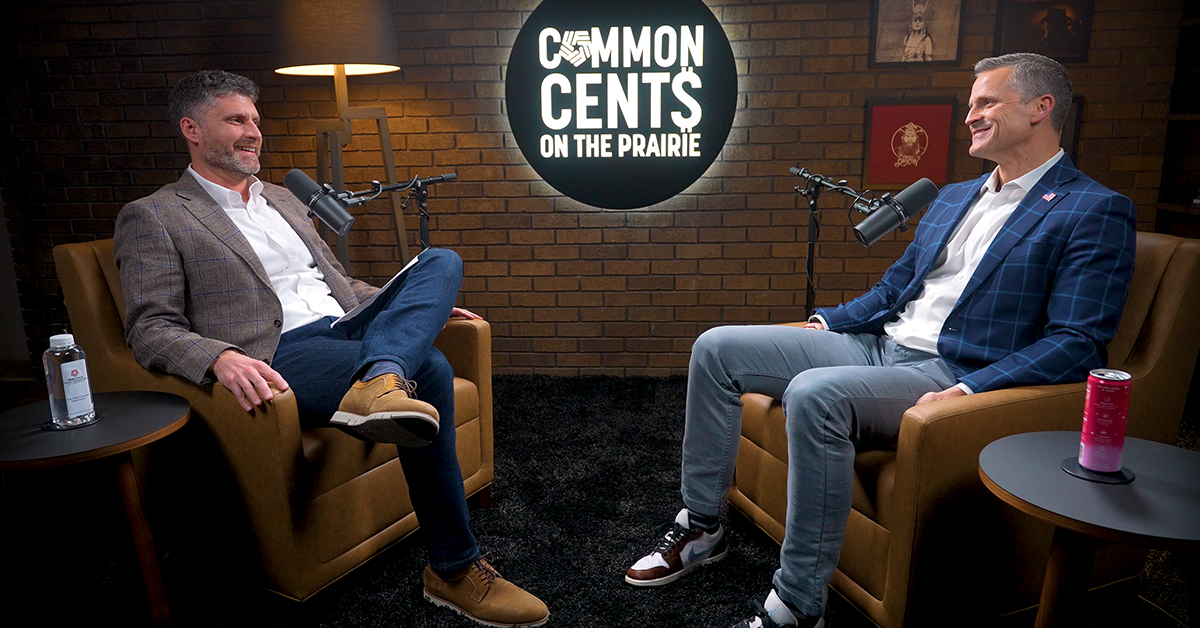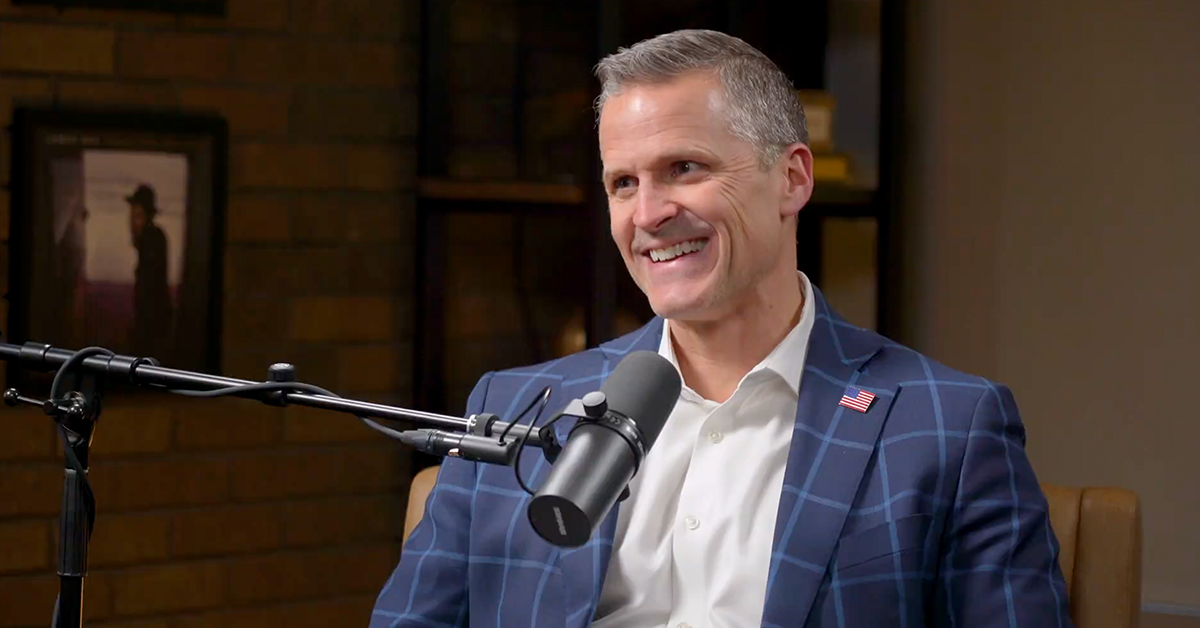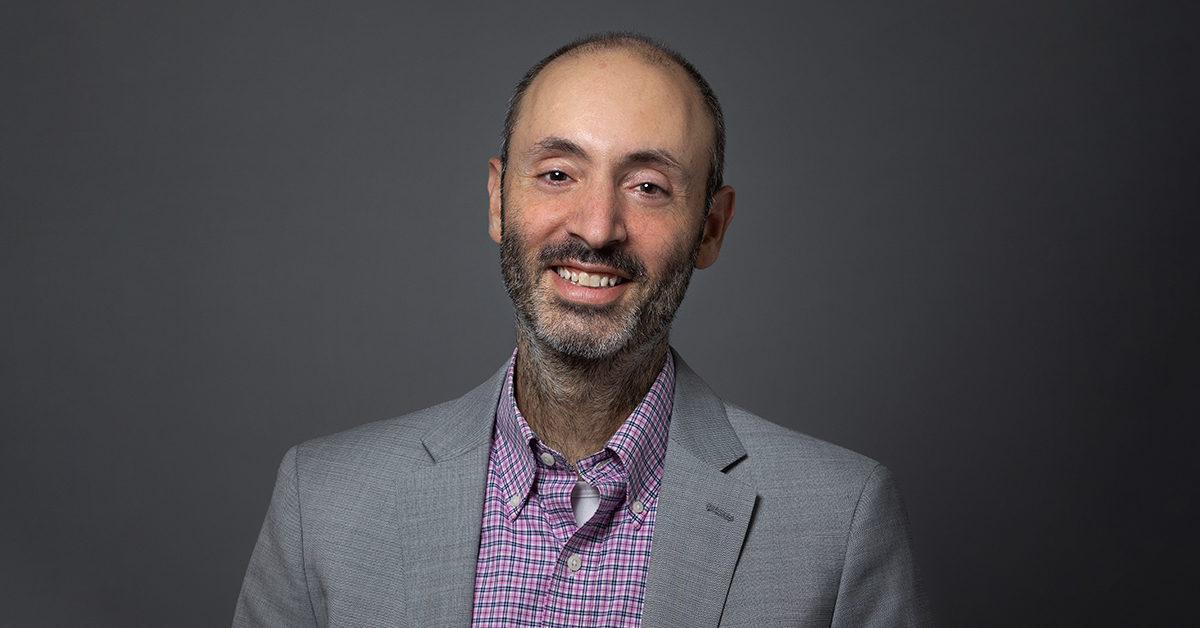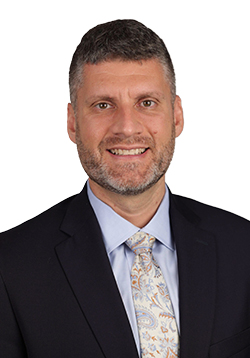
“In a world full of men who love numbers, there was a place for a girl who loved words.”
Long before she was a successful entrepreneur, Stacy Havener came from humble beginnings: a latchkey kid, with divorced parents, in a blue-collar family from a working-class town.
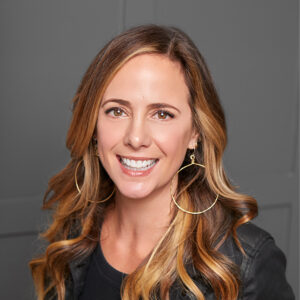 With dreams of one day becoming a literature professor, she paid her way through a local university to earn a degree in English literature.
With dreams of one day becoming a literature professor, she paid her way through a local university to earn a degree in English literature.
“I never saw myself in the investment world,” Stacy said. “I was a writer, a poet, a storyteller.”
But as fate would have it, her former high school soccer coach reached out with a job opportunity.
“He ran a billion-dollar small cap equity boutique, and he was launching a new fund,” Stacy said.
“He said…‘Come work here. Help me launch the fund, save some money — then go back to grad school, get your degree, and you’re on your way.’”
She never left the industry.
“It’s crazy, in many ways, that I ended up where I ended up,” Stacy said, “because it wasn’t my backstory.”
Now the founder and CEO of a sales and marketing agency, Havener Capital Partners, Stacy joined our podcast, Common Cents on the Prairie, to discuss her entrepreneurial journey with me.
You can read the highlights from our conversation below — and when you’re ready, you can watch the full episode on YouTube.
From underdog to success story
Adam: I remember you telling me once upon a time that you’re not afraid of failure, but you’re afraid of success.
Stacy: It’s not that I rail against successful people, but I certainly didn’t come from money.
I don’t know if you feel this way in your journey, but when you don’t come from money and you catch a glimpse of the fact that you could be in a new story where money is more abundant — and you have kids — you sort of are like, “Well, who am I? And what’s the story we’re creating for our daughter?”
Because I believe in hard work, and I like some of the difficult things. I’d never wish them on someone, but I think they made me who I am.
They’ve made me gritty, and they’ve made me creative, and, I think, a better entrepreneur in some ways.
Adam: It’s almost a universal struggle with successful people. What it took for them to become successful, they’re worried they will strip that out of their children if they live in a way that is inconsistent with how they were raised.
And so, that scrappiness, that grittiness, that drive to succeed — you had to do those things, otherwise you would drown.
Professionally, you always say you stand for the underdogs. Where does that come from?
Stacy: I can get really esoteric on it, but when you think about cheering for the underdogs — which we do in movies and the NCAA tournament — what happens when they start winning?
Do you still cheer for them? And I think that’s the hard thing. When they start winning or they’ve won, are they still an underdog?
I don’t want to be an underdog my whole life; that’s not the point. The point of cheering for the underdogs is to go from fighting to winning.
Balancing business with life
Adam: One of the things that’s interesting about you and your business is that your husband also works in the business. How do you keep business and personal separate?
Stacy: It’s really difficult to do. We don’t do a good job, to be honest. And we’re working on it.
Like, we’re getting ready to go on vacation for two weeks, which is great, and I want to be able to turn work off.
We have a great team and we are able to turn off — we don’t have to check in — but the issue is, what do we talk about?
Because I’ll be in the kitchen making something, where your mind is wandering. Of course, it’s going to go, “Well, what’s happening at work and what problems am I trying to solve?”
And then I’ll just blurt it out, because he knows all this stuff.
Same for him: in the morning, I’ll be getting my coffee and we’re talking about the day and it’s like, “I have this meeting, so can you help me think that through?”
Okay, no, it’s like 6:00 a.m. I don’t want to do that. It’s healthy to be able to shut it off, and entrepreneurs need to.
The flip side of that is one of the greatest gifts of my life is being able to build a business with my husband. So, to not talk about it would be disingenuous and not authentic, because it’s a joy.
Entrepreneurship is not for the faint of heart, but I get to build a life and a business with my favorite person. To me, that’s awesome and that’s fun even though it’s difficult.
Adam: With both of you working in the business, there’s not another separate stream of income. Do you talk about concentration risk? Does it freak you out?
Stacy: I don’t know that we’ve ever talked about it exactly like how you said it. I think we’re both of the mindset of, like, we burned the boats. This has to work. There is no plan B.
I think a lot of business owners feel that way.
So, what I’m trying to be more grownup about, if you will, is insurance. With the help of a financial planner, it’s like, “You’re both in it; that’s awesome. However, to protect yourself, let’s structure some things so that if it goes the wrong way, you’re okay.”
Adam: When you’re both in it, that’s probably even more important for the two of you to have some things outside of the business as well.
Stacy: A hundred percent. It’s like we’re picking our heads up a bit and looking around and we’re like, “Oh, huh, we’re in our mid-forties. Probably need to start thinking about things — like it’s not just grind and make it happen.”
We’re trying to be more intentional and proactive. The other piece of that is, at least for us, you become so in it that it becomes its own end game.
In other words, why are we doing this? Are we just going to build a self-managing company and it’s for the employees to run? Are we trying to have an exit?
We’ve thought about it, but we’ve never said, “This is it. This is why we’re doing it.”
Adam: The business should be there to support you, not the other way around.
Stacy: Can we just mic drop on that? Because entrepreneurs really need to hear that.
It’s easy to forget it because you put your clients first, your employees first, and the business can quickly become everything.
Navigating the challenges of entrepreneurship
Adam: Being a founder, as you know, is really tough. And I know it can be lonely, too — I’m guessing maybe especially so with a female founder.
I’m interested to get your perspective, and your advice to other female founders out there. What would you say to them?
Stacy: I would say: you’re not alone, even though you feel lonely sometimes.
For me, that was a big difference; feeling lonely doesn’t actually mean you’re alone.
The hard part, to your point, is how to find the other female founders. And for me, LinkedIn has been a gift for that.
I now have friends in my personal life who are women, who are founders, that I just would never have crossed paths with otherwise.
It’s not that we just sit around and talk about work all the time. We don’t. But when I’m talking about something I’m going through personally and it has a thread of being an entrepreneur behind it, they understand that.
Adam: Do you have any financial insecurities, as we sit here today?
Stacy: When you have employees, that’s heavy. When you realize you’ve got 18, 20 people — I mean, we’re not a huge company — but people whose lives are dependent on you and your business success, that’s scary.
Without that vision of where we’re going, it’s very easy to spin. You make money, put it back in the business, make money, put it back in the business — without really thinking about, again, what’s the intention?
So that insecurity for me right now is probably more around the vision and where we’re going, and am I being intentional to get there?
For the full details on what Stacy has to say about her entrepreneurial journey, watch the episode on YouTube or listen on your favorite podcast streaming app.
And if you would like to discuss your own financial situation with a professional, reach out to our team at First National Wealth Management; we’d be happy to help!
Any comments, insights, or strategies discussed in this article are intended to be general in nature and, therefore, may not be suitable for you and your situation, whatever that may be. Before acting on anything written here, please consult with your attorney, CPA, and/or your financial advisor.

